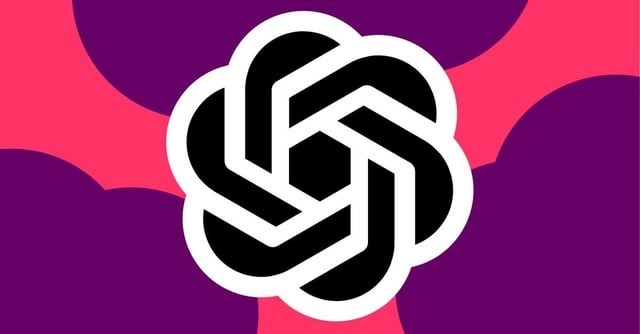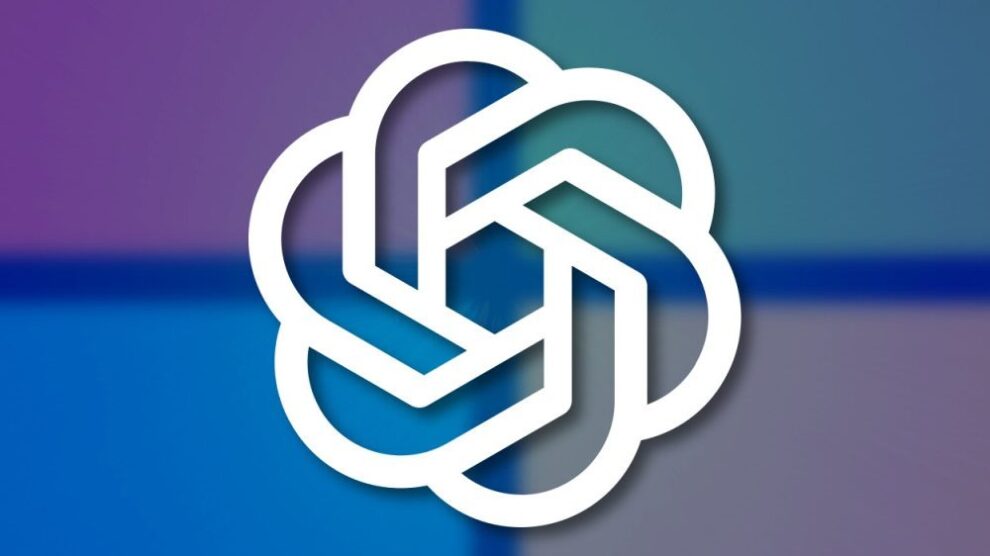
Key Features and Availability
Availability and Access
- Platform: Windows (following the Mac version released in May)
- User Eligibility: Currently limited to subscribers of Plus, Team, Enterprise, and Edu versions of ChatGPT
- Distribution: Available for free download in the Microsoft Store for Windows
- Release Status: Beta version, with full experience planned for all users later in the year
App Features
- User Interface: Similar to the web browser version of ChatGPT
- AI Models: Access to several models including GPT-4o, GPT-4o with Canvas, 01-preview, 01-mini, GPT-4o mini, and GPT-4
- Image Generation: Capability to generate images using DALL-E 3
- File Analysis: Ability to analyze uploaded files and images
- Quick Access: Alt+Space shortcut for instant access to a small ChatGPT window (Windows 11 only)
Technical Aspects
- Processing: Cloud-based processing on OpenAI’s servers
- Internet Requirement: Constant internet connection needed for functionality
- Age Rating: Rated “T for Teen” by the ESRB in the Windows store
Implications for Users and Computing
Enhanced Accessibility
The release of a dedicated Windows app for ChatGPT signifies a major step in making AI more accessible to everyday users:
- Seamless Integration: Direct integration with the Windows operating system allows for more fluid interaction with AI in daily tasks.
- Reduced Friction: Eliminates the need to open a web browser, potentially encouraging more frequent AI assistance.
- Productivity Boost: Quick access features like the Alt+Space shortcut (on Windows 11) can streamline workflow for users.
Potential Use Cases
The Windows app opens up new possibilities for AI integration in various scenarios:
- Professional Work: Quick fact-checking, drafting emails, or generating ideas during work sessions.
- Education: Students can easily access AI assistance for research or understanding complex topics.
- Creative Tasks: Writers and artists can use the app for brainstorming or generating visual concepts with DALL-E 3.
- Personal Assistance: Day-to-day tasks like planning, scheduling, or problem-solving can be aided by quick AI consultations.
Privacy and Security Considerations
As with any AI application, the ChatGPT Windows app raises important privacy and security considerations:
- Data Transmission: All interactions are processed on OpenAI’s servers, necessitating data transmission.
- Information Sensitivity: Users should be cautious about sharing sensitive personal or professional information.
- Local vs. Cloud Storage: Understanding what data, if any, is stored locally versus in the cloud is crucial.
Comparison with Web and Mobile Versions
Advantages of the Desktop App
- System Integration: Potentially deeper integration with Windows features and file systems.
- Performance: Possibility of improved performance compared to web browsers, especially for resource-intensive tasks.
- Offline Capabilities: While currently requiring an internet connection, future versions could offer limited offline functionality.
Limitations Compared to Web Version
- Update Frequency: Web versions can be updated more frequently and seamlessly.
- Cross-Platform Consistency: Web interfaces ensure a consistent experience across different devices and operating systems.
- Resource Usage: Desktop apps may consume more system resources compared to web browsers.
The Broader Context: AI in Personal Computing
Evolving Landscape of AI Assistants
The ChatGPT Windows app enters a rapidly evolving landscape of AI assistants in personal computing:
- Competition: Microsoft’s integration of AI into Windows, Google’s AI initiatives, and other tech giants’ efforts in this space.
- User Expectations: Growing expectation for AI capabilities to be seamlessly integrated into computing experiences.
- Ethical Considerations: Ongoing debates about the role of AI in daily life and its impact on privacy, work, and society.
Potential Future Developments
The release of this app could pave the way for further advancements:
- Enhanced System Integration: Future versions might offer deeper integration with Windows features and applications.
- Customization and Personalization: Potential for AI to learn and adapt to individual user preferences and work styles.
- Expanded Capabilities: Integration with more specialized tools and functionalities tailored for specific industries or use cases.
Critical Analysis and Considerations
Accuracy and Reliability
As with all AI models, users should be aware of the limitations:
- Factual Accuracy: ChatGPT can make mistakes and should not be relied upon as the sole source for critical information.
- Bias and Limitations: The AI may exhibit biases present in its training data or have limitations in certain areas of knowledge.
- Overreliance Risk: There’s a potential risk of users becoming overly dependent on AI for tasks that may require human judgment.
Ethical and Societal Implications
The widespread availability of powerful AI tools raises important questions:
- Impact on Work: How will easy access to AI assistance affect job roles and skills valuation?
- Educational Concerns: Balancing the benefits of AI assistance with the need for independent learning and critical thinking.
- Privacy and Data Use: Ongoing concerns about how user data interacting with AI is stored, used, and protected.
User Guidance and Best Practices
Effective Use of ChatGPT
To make the most of the ChatGPT Windows app, users should consider the following:
- Verification: Always verify important information from reliable sources.
- Critical Thinking: Use AI as a tool to augment, not replace, human judgment and creativity.
- Privacy Awareness: Be mindful of the information shared with the AI, especially sensitive or personal data.
- Continuous Learning: Stay informed about AI capabilities and limitations to use the tool effectively.
Potential Pitfalls to Avoid
- Overreliance: Avoid becoming too dependent on AI for tasks that require human insight or expertise.
- Misinformation Spread: Be cautious about sharing or acting on AI-generated information without verification.
- Neglecting Human Skills: Continue to develop personal skills and knowledge alongside AI use.
Future Outlook
Short-term Expectations
- Feature Enhancements: Likely improvements in user interface, performance, and integration with Windows features.
- Wider Availability: Expansion of access to all ChatGPT users, not just premium subscribers.
- Performance Optimization: Refinements to make the app more efficient and responsive on various Windows configurations.
Long-term Possibilities
- AI Ecosystems: Potential for ChatGPT to become a central hub for various AI-powered tools and services.
- Advanced Personalization: AI that learns and adapts to individual users’ work styles and preferences.
- Ethical AI Development: Continued focus on developing AI that is transparent, unbiased, and aligned with human values.
Conclusion
The release of the ChatGPT app for Windows marks a significant milestone in the integration of AI into everyday computing. By bringing its powerful language model directly to the Windows desktop, OpenAI is making advanced AI capabilities more accessible and seamlessly integrated into users’ daily workflows.
While the current beta release is limited to premium subscribers, it provides a glimpse into a future where AI assistance is just a keystroke away for all computer users. The potential benefits in terms of productivity, creativity, and problem-solving are substantial. However, this development also brings with it important considerations about privacy, the nature of human-AI interaction, and the evolving role of technology in our lives and work.
As we move forward, it will be crucial for users, developers, and policymakers to engage in ongoing dialogue about the responsible development and use of AI technologies. The ChatGPT Windows app is not just a new software release; it’s a harbinger of a new era in computing where the lines between human and artificial intelligence continue to blur in exciting and sometimes challenging ways.
As OpenAI continues to refine and expand this offering, users should approach it with both enthusiasm and caution, leveraging its capabilities while remaining mindful of its limitations. The future of AI-assisted computing is here, and it’s up to us to shape it in ways that enhance human potential while preserving the values and skills that make us uniquely human.










Add Comment